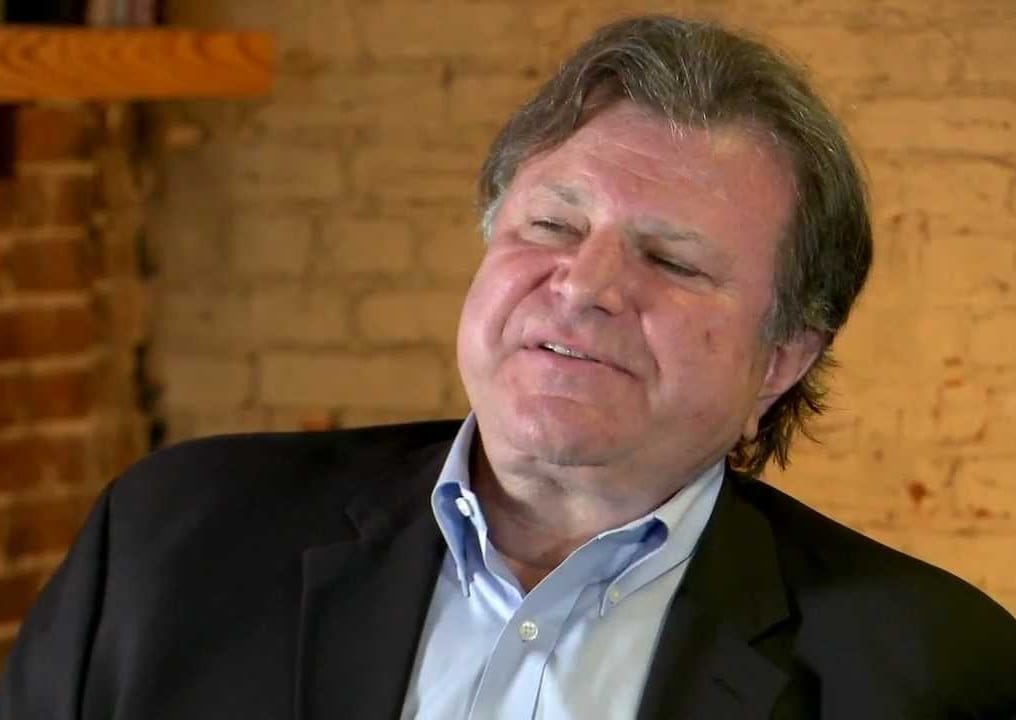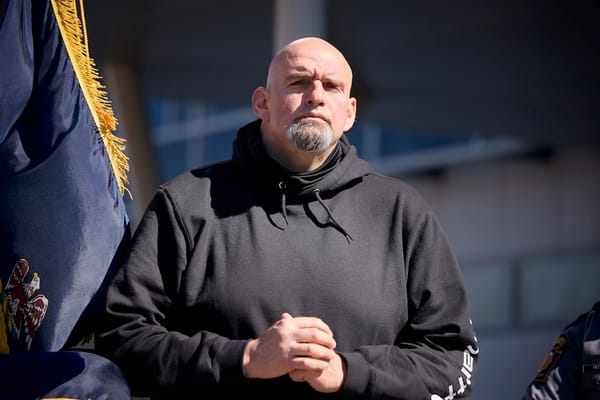Thomas Hazlett, Former FCC Chief Economist, Seeks to Understand the Law and Economics of Media Regulation
August 25, 2020 — Thomas Hazlett, an American economist whose research focuses heavily on regulatory measures within the communications sector, was researching cable television when his interest was peaked on broadcasters’ use of the airwaves. Hazlett, who had earned his Ph.D. in economics from UCLA

August 25, 2020 — Thomas Hazlett, an American economist whose research focuses heavily on regulatory measures within the communications sector, was researching cable television when his interest was peaked on broadcasters’ use of the airwaves.
Hazlett, who had earned his Ph.D. in economics from UCLA in 1984, recounted that in the 1980s, “I wrote a chapter for a book about broadcasting that was never published,” describing an ironic start to his otherwise extremely fruitful career in the academic understanding of the communications industry.
“Radio and television are inherently political,” said Hazlett during a Broadband Breakfast Live Online event on Wednesday, as part of Broadband Breakfast’s “Champions of Broadband” series. “Broadcast has historically been regulated politically.”
Thus began Hazlett’s career at the intersection of broadcasting and wireless, cable and media regulation. He began teaching economics at the University of California at Davis, and has taught at progressively more elite universities, including Wharton, Columbia, George Mason University School of Law. He now runs the Information Economy Project at Clemson University.
In 1991, Hazlett was elevated from academia to the Federal Communications Commission under the George H.W. Bush Administration. In his position as chief economist, he was the main economic advisor to the agency’s chairman.
“You see a lot and learn a lot as chief economist at the FCC,” said Hazlett, in an interview with the Clemson Newsstand. “You witness the good and bad, from the work of dedicated and knowledgeable professionals who try to do the right thing to the structure of a perverse system that stymies their every attempt to advance the radio spectrum, so that it serves the public’s best interests.”
His position at the FCC drove Hazlett to focus more directly about the intersections of communications and economics.
Following his time as chief economist to the FCC, Hazlett became a resident scholar at the American Enterprise Institute from 1998 to 2001, and a senior fellow at the Manhattan Institute from 2001 to 2005.
Eight years after founding the Information Economy Project and teaching as a professor of law and economics at George Mason University, Hazlett in 2013 moved the research center to Clemson University in South Carolina.
Regulation of the radio spectrum has little to do with ‘chaos on the airwaves’
Throughout his years working in the communications sector, Hazlett authored several books touching on communications regulation, on the subjects of cable, municipal broadband, the internet, and more.
Hazlett is particularly interested in the regulation of spectrum. He most recently released a book in May 2017, entitled The Political Spectrum: The Tumultuous Liberation of Wireless Technology, from Herbert Hoover to the Smartphone.
Hazlett pins the roots of current spectrum regulation issues to regulations established by The Radio Act of 1927, the brainchild of Herbert Hoover, which he finds limits innovation and consumers’ spectrum rights.
“The interpretation of the regulatory structure had little to do with chaos on the airwaves,” said Hazlett, who argues the move was the result of pressure by incumbent radio stations and key policy makers aiming to foreclose competitive entry.
In the book, Hazlett critiques the idea that government control of spectrum was inevitable. He further disregards the idea that the government does a good job regulating the spectrum market.
Instead, Hazlett argues that outdated regulation has stymied the advancement of wireless communication through the enforcement of Hoover-era regulations, hindered by political interests.
“Despite wireless technology’s staggering growth, the bygone-era regulations have led to underutilized frequency space, which has far-reaching consequences,” said Hazlett.
Today, the system Hazlett described as “anti-consumer and anti-competitive,” has begun to loosen up.
“Wireless has taken off,” said Hazlett, “part of this is due to relaxation of some regulatory rules.”
Hazlett believes going forward, regulators should find much better ways to allocate spectrum, especially as the FCC is set to hold the largest auction of unlicensed spectrum in history in December, to meet increased spectrum demands for Wi-Fi.
“Let the consumers decide the market,” argued Hazlett, saying “that’s what we need to move towards, to getting spectrum to its highest uses.”
As of yet, Hazlett believes American spectrum is “all tied up in a regulatory proceeding.”









